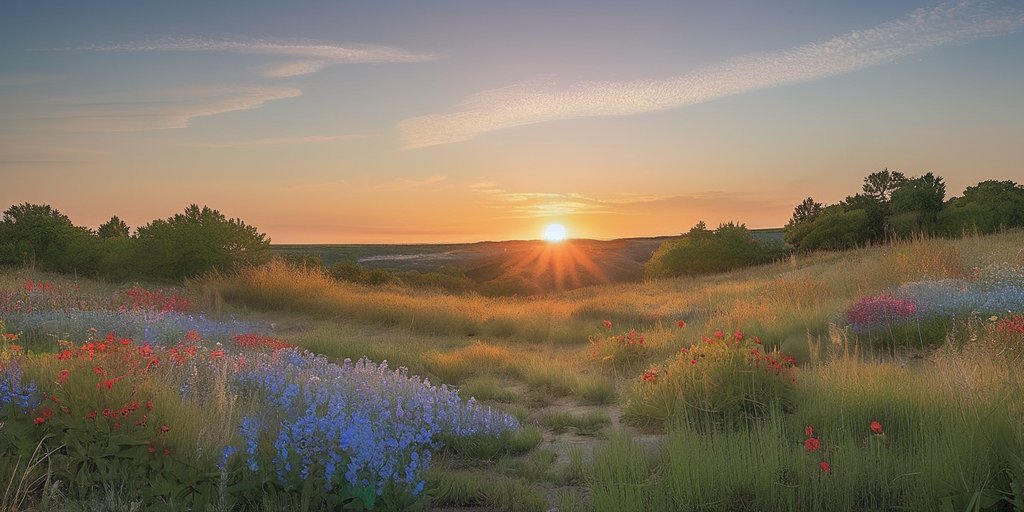Despite Juneteenth’s recognition as a federal holiday, celebrations across the United States are facing significant cutbacks or cancellations this year. Organizers attribute these issues to escalating safety concerns and growing resistance to Diversity, Equity, and Inclusion (DEI) initiatives. This troubling trend raises alarms about a political backlash that threatens the commemoration of Black freedom, which experts argue is urgently needed today.
LaTasha Levy, a professor of Afro-American Studies at Howard University, commented on the challenges faced by institutions engaging in DEI efforts, stating, “What we’re seeing – businesses pulling back and universities canceling programs in response to attacks on DEI – shows that many institutions and corporations were never truly committed to diversity and inclusion.”
Juneteenth, celebrated on June 19, marks the anniversary of Union Army Major General Gordon Granger’s announcement in 1865 that enslaved people in Texas were free, a full two-and-a-half years after the Emancipation Proclamation was signed by President Abraham Lincoln. Though President Donald Trump claimed during his 2020 term that “nobody had ever heard of it” prior to his efforts to promote it, the holiday was formally recognized in 2021 under President Joe Biden, making it the first new federal holiday since Martin Luther King Jr. Day was established in 1983.
Since Trump’s reelection, he has made it a priority to eliminate DEI programs, placing significant limitations on diversity initiatives through executive orders. Recent reports indicate that the Department of Defense’s intelligence agency has stopped observing cultural or historical events, including Juneteenth, due to the restrictions set forth by Trump’s ban on DEI programs in federal workplaces.
Pentagon spokesman Sean Parnell emphasized that the department aims to foster unity and dedication among its personnel: “Our unity and purpose are instrumental to meeting the Department’s warfighting mission. Efforts to divide the force – to put one group ahead of another – erode camaraderie and threaten mission execution.”
The impact of these federal policies has begun to resonate in local communities. Areas across the U.S. have scaled back or canceled Juneteenth celebrations, citing safety concerns and mixed community feedback. Reggie Johnson, president of the NAACP Metuchen Edison Piscataway Area Branch in New Jersey, shared his frustrations when his organization had to move their annual Juneteenth celebration to a smaller venue due to federal site staff’s uncertainties.
“The contractors misinterpreted our event as a DEI initiative,” Johnson explained.
Other communities have echoed similar sentiments. For instance, a museum in Fredericksburg, Virginia, had to downsize its celebration due to funding retractions from the National Endowment for the Arts. Sam McKelvey, the museum’s president and CEO, lamented, “Our Juneteenth Grant was officially retracted on April 29th… We are still holding a much smaller event with the museum in the red.”
As Juneteenth events face the risk of being diminished, experts stress that any erosion of this essential holiday is problematic. Robert Bland, assistant professor of history at the University of Tennessee, warns, “Most Americans don’t have a kind of deep knowledge of Juneteenth, but even that, what they know, will disappear.”
Blythewood, SC Mayor Sloan J. Griffin III, the only member of his council to vote in favor of holding Juneteenth events this year, also recognized the significance of the holiday amidst contemporary social challenges. He noted, “When we talk about Juneteenth in the history of the heritage, it is important that we never forget the past … but we also embrace the future.”
As we witness ongoing erosion of support for inclusive celebrations and educational initiatives, advocates urge Black communities to continue organizing and honoring their heritage. According to Levy, there is an urgent need for unity:
“I would really just hope that Black people, wherever they are, use it as an opportunity to connect, to build, to plan, for our future… to return to those traditions and strategies and wisdom of our ancestors of what to do in these moments of repression and hate.”
